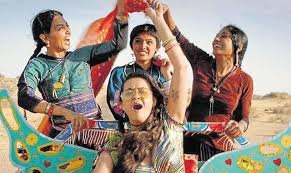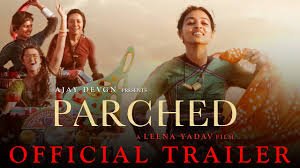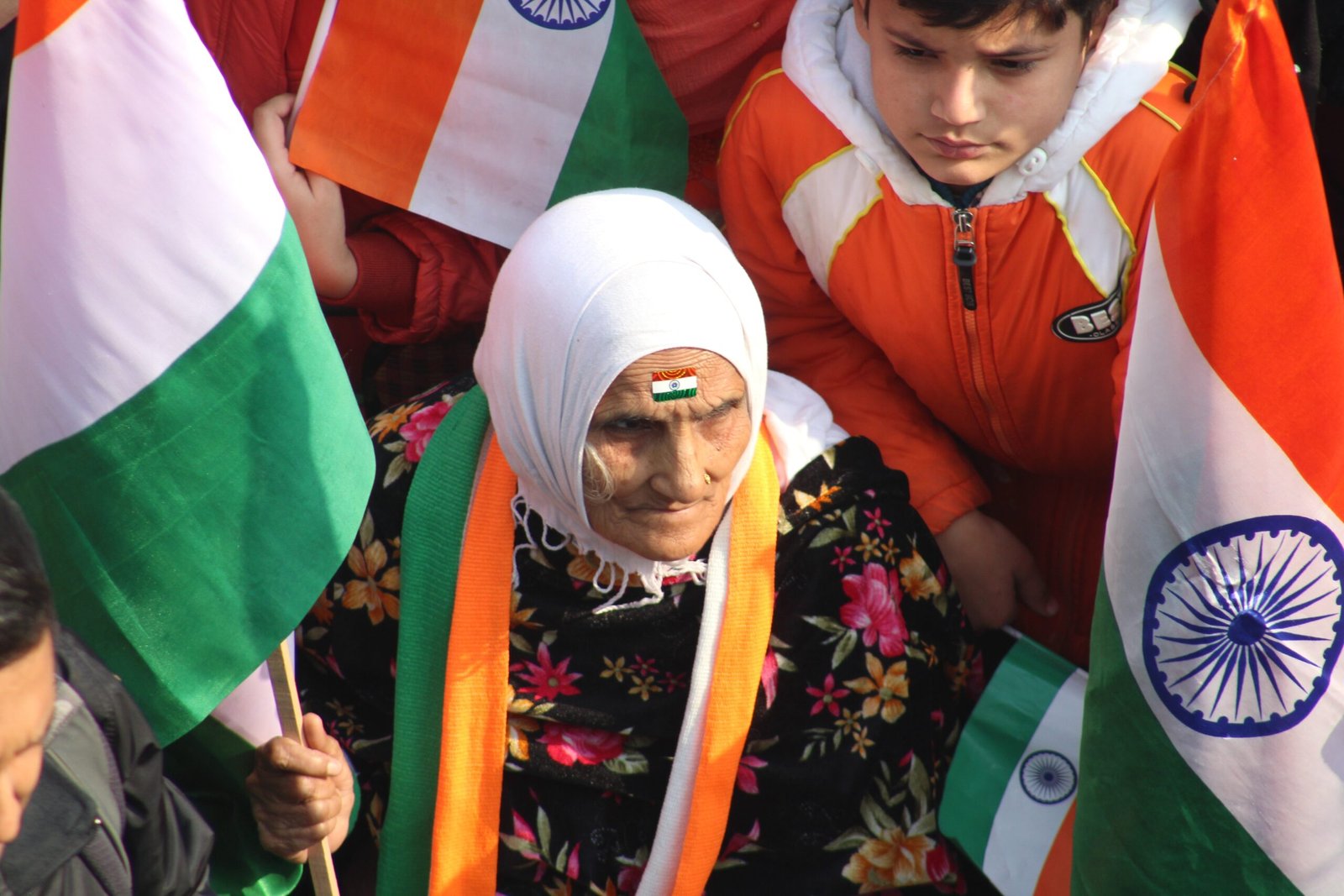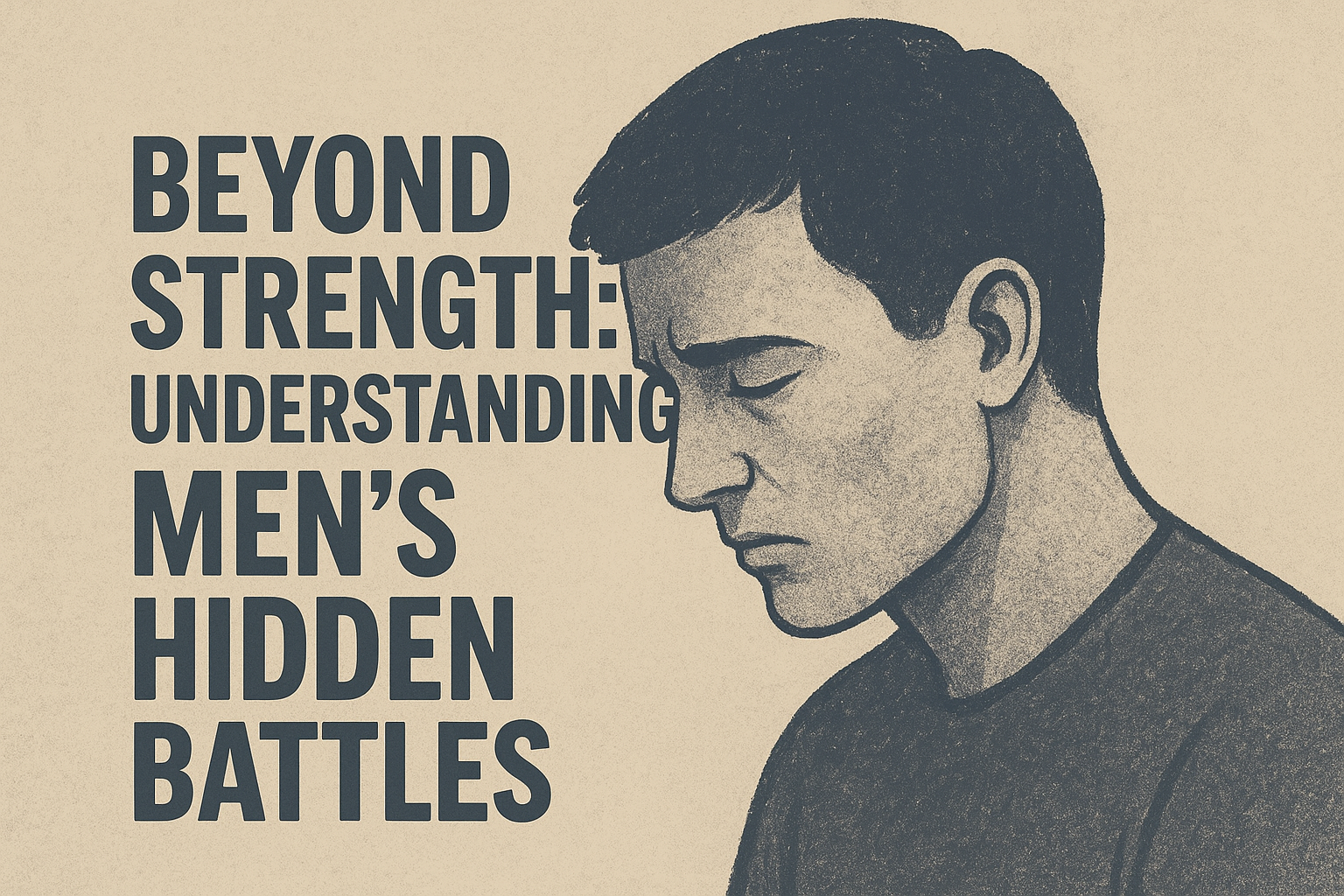Feminism: What Does It Mean to You?
What exactly does feminism mean to you? Is it the stereotypes often depicted in movies and web series of independent women cussing, drinking, smoking, and engaging in casual relationships? Or is it the image of a flawless woman portrayed by social media and patriarchal norms—a good daughter, wife, and mother who never makes mistakes?
But what if we are flawed, imperfect mothers, confused wives, or mistresses? Are we to be judged?
Parched (2015)
“Parched,” a 2015 movie, is precisely about three such women and their struggles to cope with societal expectations. The three central characters—Rani, Lajjo, and Bijli (played by Tannishtha Chatterjee, Radhika Apte, and Surveen Chawla)—live in a desert village in Rajasthan. The village is plagued by social evils, age-old traditions, and practices of patriarchy, including child marriage, dowry, marital rapes, and abuse.
The Characters
- Rani: A widow who adheres to village customs, marries off her young son Gulab to a child bride Janki for a hefty dowry. Her son is a disrespectful goon who abuses his mother and his teenage wife. Rani, sticking to the age-old system, accuses young Janki of being incapable of satisfying Gulab.
- Lajjo: Rani’s close friend who is in an abusive marriage with an alcoholic husband, Manoj. Mocked for being infertile, Lajjo is deemed worthless by her husband and society.
- Bijli: An erotic dancer in a traveling entertainment company who also offers sexual favors for money.

How Parched is Different
What I liked most about the movie is that, despite their different lives and conflicts, the three women are good friends. They don’t judge each other; instead, they support each other. Rani, despite her flaws, often supports her abusive son and reprimands her innocent daughter-in-law because she is conditioned to patriarchy. Lajjo tolerates her husband’s jibes and torture because she believes herself to be infertile. Bijli, though a sex worker, remains a loyal friend.
When they meet, they bond and forget their woes for a while, instilling confidence in each other.
Financial Independence
Summet Vyas plays Kishan, a progressive man who, along with his educated wife, runs a small-scale handicrafts industry. The village women, including Rani and Lajjo, are part of this enterprise, enjoying financial independence by converting their craft into business. This aspect of the movie highlights the importance of financial independence for women.
Spoilers Ahead
- Young Janki: Forced into marriage with Rani’s son because her parents disapproved of her lover. Gulab beats Janki when he learns of this, but Rani intervenes and sends her son away, vowing to reunite Janki with her lover.
- Bijli: Faces competition and is sacked from her troupe after a fallout with her customers and employer.
- Lajjo: Leaves her alcoholic husband. In the end, the four women find freedom and happiness in each other’s company.

Why Parched is an Important Story
“Parched” is significant because it isn’t preachy or perfect. It tells the story of regular women who face cruelty but hold no malice. They leave their homes and families to seek justice for themselves and other women.
Sisterhood
“Parched” portrays a widow, a teenager abandoned by her husband, a sex worker, and an infertile woman—the so-called blots on respectable society. They break their shackles and support each other in pursuit of a better life.
The performances by the three protagonists are unforgettable. The film resonates with women’s issues in both rural and urban India, highlighting that the challenges women face are universal.
For me, feminism is sisterhood, accepting women with their flaws, understanding their situations, and uplifting them, rather than imposing an image of perfection.
“Parched” used to be available on Amazon Prime Video and is now on YouTube. It’s a must-watch.

By Preethi Warrier
Preethi Warrier has completed her Masters in Electronics Engineering and is an Assistant Professor. She is one among the winners of the TOI Write India Campaign Season-1, for the famous author Anita Nair. She can be contacted at : warrier.preethi@yahoo.com














